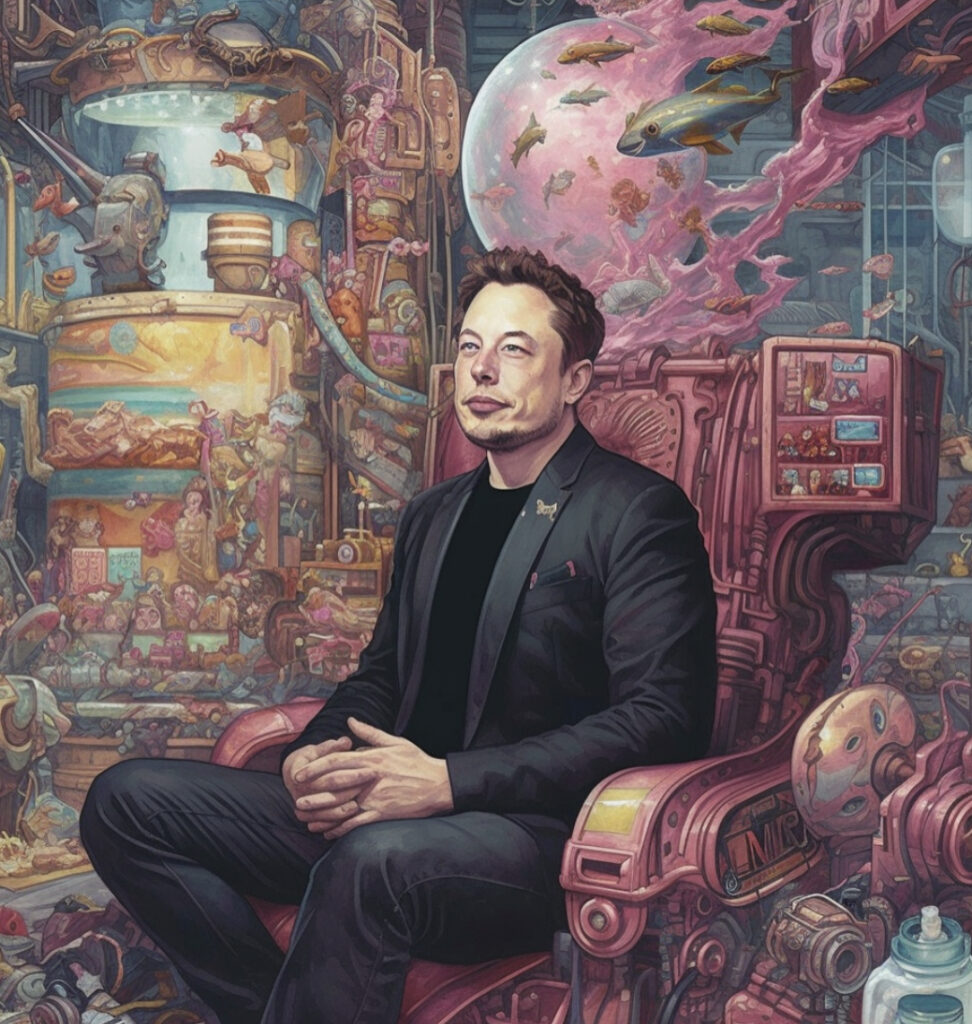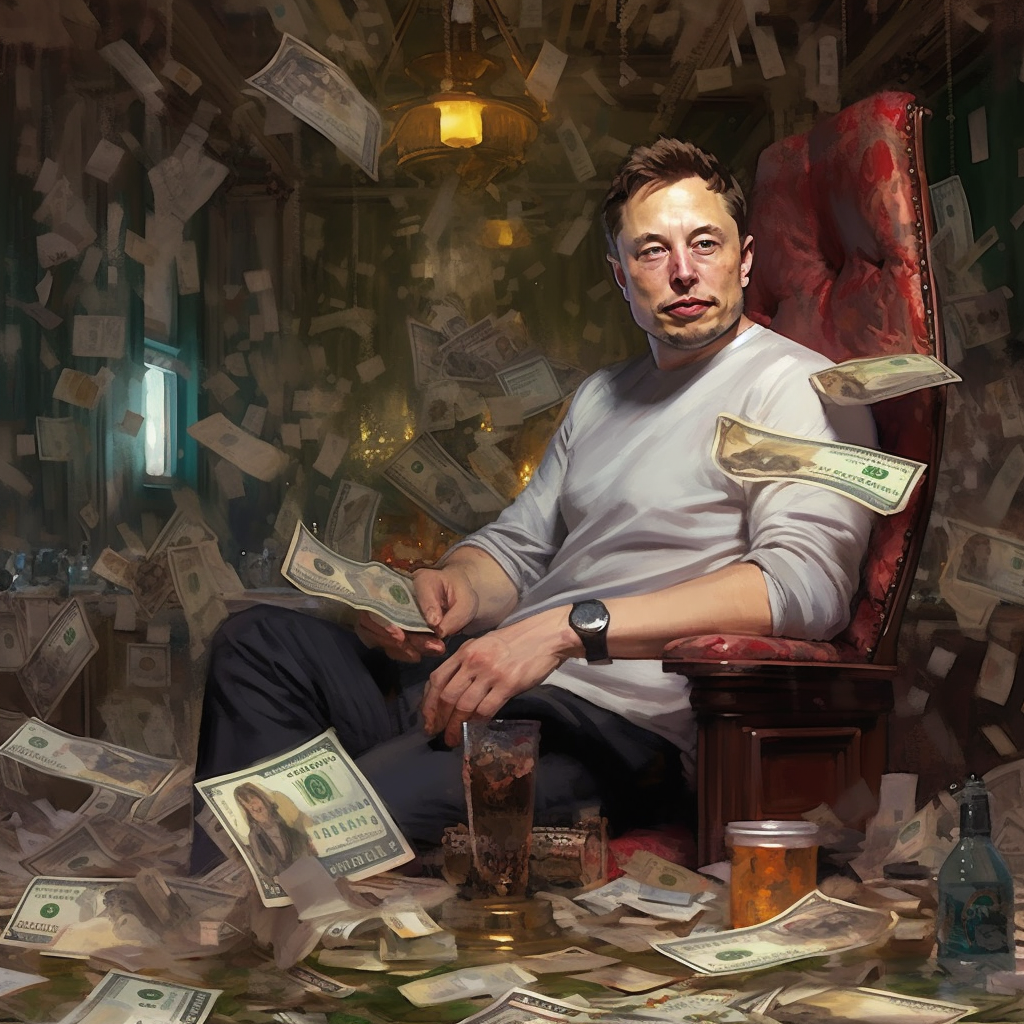Introduction
In today’s world, where money often seems to reign supreme, Elon Musk, the visionary entrepreneur and business magnate, has offered a thought-provoking perspective on the true nature of the economy. According to Musk, the foundation of a robust economy lies not in monetary wealth alone, but rather in the production of goods and services. He believes that money is a form of information, acting as a database for resource allocation, while time represents the true currency. Let’s delve deeper into Musk’s intriguing notion and explore the implications it holds for our understanding of the economy.
The Primacy of Goods and Services
Elon Musk asserts that the real essence of an economy lies in the creation and exchange of goods and services. Goods are tangible products, while services encompass intangible offerings, such as healthcare, education, and entertainment. These essential elements constitute the backbone of any prosperous society, as they satisfy the diverse needs and desires of its members. Musk’s view emphasizes the fundamental importance of productive activities that enhance human well-being, rather than the accumulation of money itself.

Money as Information
Elon Musk describes money as a form of information, a database that enables the allocation of resources within an economy. Money acts as a medium of exchange, allowing individuals and businesses to trade goods and services efficiently. In this sense, money serves as a facilitator, representing the value of various resources and enabling transactions to take place. Musk’s perspective challenges the conventional notion that money is the ultimate measure of wealth, emphasizing instead its role as a tool for allocating resources effectively.
The True Currency: Time
While money is an essential tool for economic transactions, Elon Musk posits that time is the ultimate currency. Time is a finite resource for every individual, regardless of their wealth or status. In Musk’s view, time represents the true measure of value and productivity. Each person’s time is limited, and how they choose to allocate it determines the quality and impact of their contributions to society. By recognizing the value of time, Musk encourages us to consider how we utilize this precious resource to create meaningful goods and services.
Implications for the Economy
Elon Musk’s perspective on the economy challenges the prevailing mindset focused solely on monetary wealth. By shifting the focus to the production of goods and services, he emphasizes the significance of innovation, creativity, and problem-solving in driving economic progress. Musk’s belief that money is a tool for resource allocation aligns with the understanding that a well-functioning economy requires efficient mechanisms to allocate resources optimally. Furthermore, considering time as the true currency prompts individuals and societies to prioritize activities that generate long-term value, fostering sustainable growth and societal well-being.
Redefining Success
Elon Musk’s ideas invite us to redefine our notions of success and prosperity. Instead of measuring success solely in terms of financial gains, Musk encourages a broader perspective that recognizes the impact of one’s efforts in creating valuable goods and services. By valuing time as the ultimate currency, individuals can reevaluate their priorities, focusing on activities that align with their passions and contribute meaningfully to society.
Conclusion
Elon Musk’s assertion that the true economy lies in the production of goods and services, not money alone, challenges conventional economic thinking. By considering money as a form of information for resource allocation and time as the ultimate currency, Musk invites us to reflect on the core elements that drive economic progress and societal well-being. As we navigate the complexities of our global economy, Musk’s ideas inspire us to place greater emphasis on creating value through innovation, while recognizing the irreplaceable nature of time in our pursuit of a prosperous and fulfilling society.

